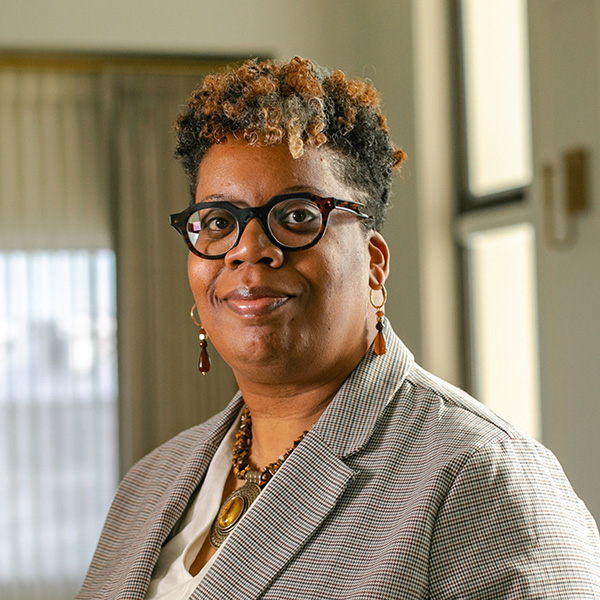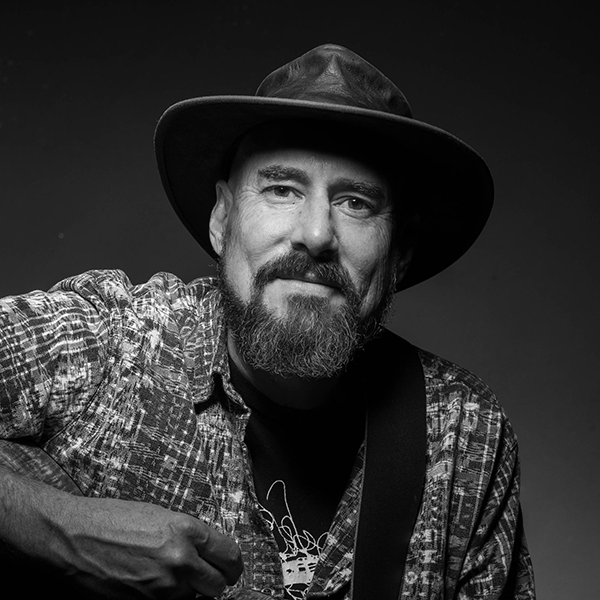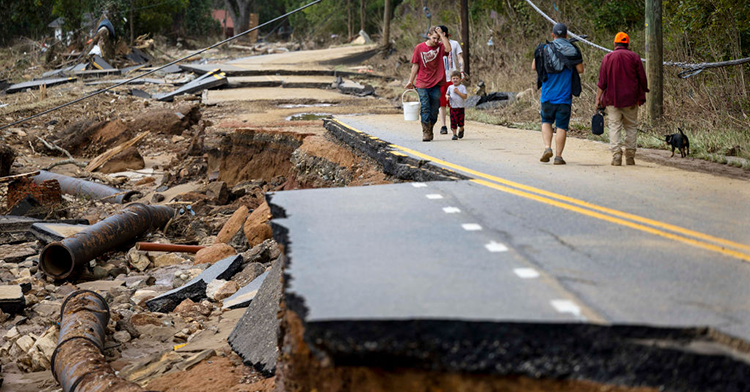In the Shenandoah Valley of Virginia, it’s November, and while there should be crisp temperatures upon us, drawing us into winter, it feels more like a cool fall lingering beyond its time. Advent draws us into anticipation, but the tragedies around our world make it difficult to expect anything beyond more suffering.
The weather and seasons of 2023 feel misaligned, and trusting their gifts feels more fragile this year.
Seasons are usually helpful markers and boundaries of time, inviting us both to be present and to understand the temporal nature of any moment. Winter, for example, is a container for rest and reflection that precedes the emergence of spring. Meteorological seasons hold us in the cycles of the year. Likewise, liturgical seasons invite us to be attentive to the rhythms of God, giving reminders and encouragement for reflection, growth, lament and celebration. Consistent each year, seasons draw us back to the same places.
Advent is upon us, and while the repetition of the season is welcome and important, it is challenging, even irrelevant, that our language remains constant. For most Christians, we trudge into late November and early December holding the tension of fast-paced Christmas preparations and the liturgical invitation to “wait.” Though the root of the word “advent” is about a “coming,” our themes and songs shift us to a slow and labored holding pattern. We wait for our lives to get easier. We wait for justice to roll down. We wait for God to make all things right.
In many ways, waiting is inaction. It usually involves a delay that is dependent on someone or something else. The practice of “waiting” in Advent empowers an external party with determining the nature of how we spend the season. Obviously, this power does not belong to all the other voices and forces that fill the sounds of Christmas. I would argue that God’s hope during the season of Advent, as we wait in faith, can lend power to our personal and communal reflections. How might we reclaim our own work and intention for this season, framing our pace and attention for ourselves?
As I invite readers into Advent in “The Holy in the Night,” I talk about the negative connotations we overlay onto waiting and Advent. We wait in darkness, aligning it with distance from God, confusion and unknowing. Unknowing is culturally unacceptable, so we are rushed to perform what we think we know instead of offering an honest “I haven’t figured it out yet.” The social construction of our in-between places denies the humanity that resides there naturally. How do we allow this season to find us most honestly?
Sometimes, we need permission to approach our realities freshly and to alter our language to help us respond differently. I wonder whether new verbs might invite us into this Advent season, reflecting our truths and our needs.
What if we paused this Advent? Pausing includes making space for intentional and deliberate time for reflection. In her book “Sacred Pauses,” April Yamasaki writes about active pauses, including the choice to turn off the radio while driving the car. In the space of pausing, we can listen to ourselves and our relationships, allowing our contemplation to help us compose the best next questions or actions.
What if we remained this Advent? To remain, in one sense, is “to continue to exist when other things no longer exist.” A stubborn or resistant response, such remaining invites a stillness that lingers. Whether it is lives we are losing to wars or peace that is being stolen by commercialization, we can commit to not looking away. For the work of truth telling and accountability, remaining is clinging to what endures.
What if we awaited this Advent? Awaiting is an active form of waiting, holding anticipation and expectation. Instead of stagnant delaying, this involves moving toward what one needs or is hoping for. Awaiting extends its open hands toward the places where we trust God to meet us.
In the spirit of whichever verbs we lean toward, it matters what we do with our bodies in Advent. We can rest and pause without being complacent or apathetic. We can remain, grounded, in a way that connects us to roots of faith and love. We can await awakened and hopeful, not just happy. These days prepare us for an expression of God that is embodied, one that comes to us and begins to move through us. Receive it.
Whatever essence of hope, peace, joy and love we manage to take in during Advent becomes held in the larger movement of God’s work in the world. As we gather and hold the holy in these days, we become interwoven with the holy and the rhythm of this season. There is possibility painted across the clouds, vulnerability planted in the soil, wonder flowing with the winds. God will move with us through this season and welcome us into the next.
May this breath prayer invite the spirit of Advent into your being:
Inhale: God is within me.
Exhale: We journey the seasons together.
I wonder whether new verbs might invite us into this Advent season, reflecting our truths and our needs.














